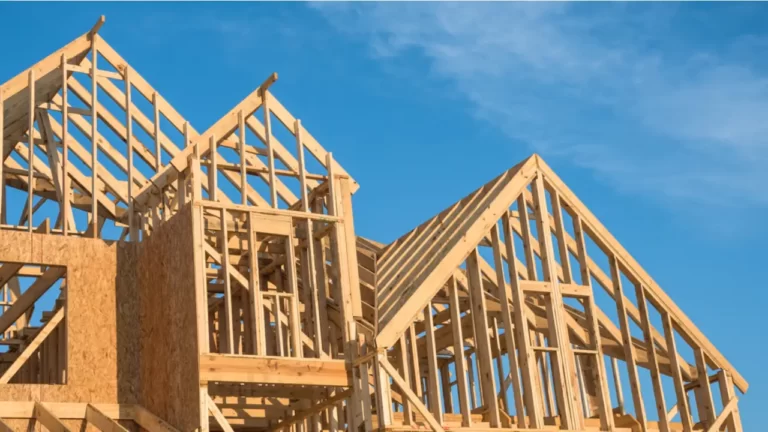When it comes to refinancing a mortgage, a cash-out refinance can be a viable option for homeowners who need access to extra funds. In a cash-out refinance, the homeowner takes out a new mortgage for an amount greater than the balance on the existing mortgage. The difference between the two amounts is received by the homeowner as cash, which can be used for a variety of purposes such as home renovations, debt consolidation, or other expenses.
But where does the money come from in a cash-out refinance? In this article, we will explain the sources of funds in a cash-out refinance and how the process works.
First, it’s important to understand that the money in a cash-out refinance comes from the equity in the home. Equity is the difference between the current value of the home and the amount of the outstanding mortgage. For example, if a homeowner’s house is worth $500,000 and they owe $300,000 on their mortgage, they have $200,000 in equity.
When a homeowner applies for a cash-out refinance, the lender will appraise the home to determine its current value. The lender will then calculate the maximum amount that can be borrowed, based on a percentage of the home’s value, typically up to 80% or 85% of the appraised value. So, if the appraised value of the home is $500,000, the maximum amount that can be borrowed in a cash-out refinance would be $400,000 (80% of $500,000).
Once the lender approves the loan, the homeowner will receive the difference between the new loan amount and the balance on the existing mortgage as cash. In our example above, if the homeowner owed $300,000 on their existing mortgage, they could receive up to $100,000 in cash ($400,000 loan amount – $300,000 existing mortgage balance).
It’s important to note that a cash-out refinance is still a mortgage, so the funds are not considered taxable income. However, the interest on the new loan may be tax-deductible if the funds are used for home improvements or other qualifying purposes. Homeowners should consult with a tax professional for specific advice on their individual situation.
In addition, it’s important to understand that a cash-out refinance typically comes with closing costs, just like any other mortgage. These costs can include fees for the appraisal, title search, and loan origination, among others. Homeowners should factor in these costs when considering whether a cash-out refinance is the right choice for them.
Another important consideration is that a cash-out refinance can affect the homeowner’s monthly mortgage payment. Since the new loan amount will be higher than the existing mortgage balance, the monthly payment will likely be higher as well. Homeowners should ensure that they can afford the higher monthly payment before proceeding with a cash-out refinance.
In conclusion, the money in a cash-out refinance comes from the equity in the home. Homeowners can borrow up to a percentage of their home’s appraised value, less the balance on the existing mortgage. While a cash-out refinance can be a useful tool for accessing funds, it’s important to consider the costs and potential impact on monthly payments before proceeding. As with any major financial decision, homeowners should consult with a qualified professional to ensure that a cash-out refinance is the right choice for their individual needs.







